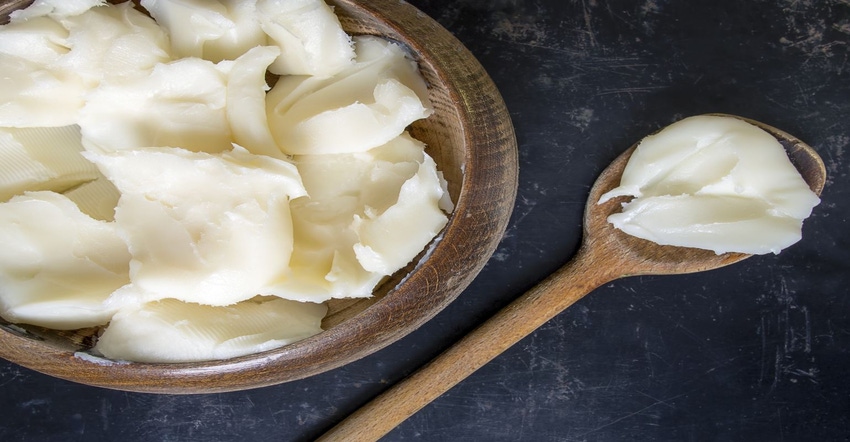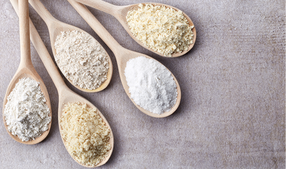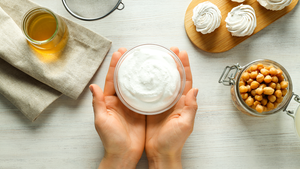Researchers at Wageningen University & Research have now found a way to 3D print a blend of vegetable oil and pea protein paste that mimics lard in its structure.

The findings are key considering the growth of the plant-based food category. As advances in production progress, plant-based is becoming a fundamental type of eating—even among consumers not consciously trying to follow a vegan or vegetarian lifestyle.
Animal fat plays a big role creaminess and mouthfeel that can be lost when sourcing protein from plants. The solution is all-natural, affordable and sustainable, according to the study published in the journal Advanced Functional Materials.
Researchers from Wageningen and at
“We were experimenting with different structures and that’s when the 3D printer came into play,” the researchers wrote. “With that it’s possible to create shapes that have a same build-up as the animal fats we try to replace. Our research wasn’t solely focused on foods by the way; we see this as one of the possibilities. Other uses can vary from replacing synthetic polymers in dental fillers or scaffolds for generating soft tissues.”
The way the structure mimics animal fat, led to focus more on the food part of the paste. The next step is to take the mixture into actual production as one of the ingredients in a plant-based burger. The researchers work on that with the meat analogue industry, and the collaboration focuses on how to tastefully incorporate the fatty protein paste in plant-based meats. The researchers also will explore the possibilities of creating fat fibers and adding vitamins.
About the Author(s)
You May Also Like






